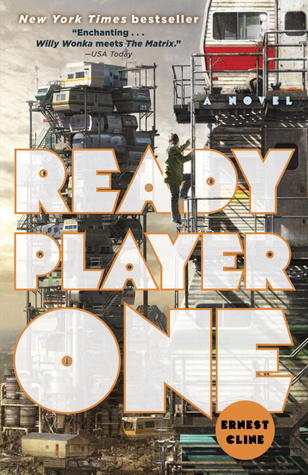SPOILERS COMING
It will definitely be quicker to talk about what I liked about the novel. It's a bit of a cliche, but Toronto the city is essentially a character, particularly as Brand talks about different neighbourhoods and how they have changed. This is from the first page: "Have you ever smelled this city at the beginning of spring? Dead winter circling still, it smells of eagerness and embarrassment and, most of all, longing. Garbage, buried under snowbanks for months, gradually reappears like old habits--plastic bags, pop cans--the alleyways are cluttered in a mess of bottles and old shoes and thrown-away bed."
If it had continued in this vein, I would have enjoyed it considerably. However, within the next few pages we are confronted with three young people making a bit of a spectacle of themselves on the subway, disturbing the reveries of the commuters. While the author's sympathies are with the young people, I ultimately am in the camp of those who don't have much use for Millennials. I'll come back to this shortly.
The other good thing about the book is that it name dropped Remedios Varo (a surrealist painter) and several of her works, particularly The Madness of the Cat. I'm enjoying learning more about Varo, but I could have stopped reading the book then and there and been better off in the grand scheme of things.
 |
| Remedios Varo, Simpatía (Sympathy) aka Madness of the Cat, 1955 |
As it turns out, it isn't just about three young people, but really four friends (and some graffiti taggers), plus we get the back story of all of their siblings and their parents. This is mostly done to show how these Millennials are reacting against their parents and their mostly square ambitions (deciding to be an artist rather than work in the family restaurant, dropping out of university, etc.). However, only one or two of them manage to hold down actual jobs. One is running a small clothing boutique and one is a bicycle messenger, though given how casually she treats her job, it seems likely she'll have to move on to a different company. So the others beg and wheedle their parents for money. One gets so upset at her father (who doesn't want to bail his son out of jail yet again) that she keys his car. It's embarrassing to read. (This all reminds me of the un-self-consciously spoiled brat at the center of Tiny Furniture. Oh, look at that, this was where Lena Dunham got her first big break...) Needless to say, I am not an appreciative audience for navel-gazing by Millennials (or merely about Millennials in this case).
There are two long-ago traumatic events that drive most of the plot of this novel. (SPOILERS, remember.) First, Carla, the biracial bicycle messenger is still dealing with the fact that her mother killed herself when Carla's father wouldn't break things off with his wife. She and her brother were actually raised by her father and his wife, but she has incredibly strained feelings toward him. Her brother, who she always spoiled and covered for, is quickly embracing thug life (or whatever pale imitation can be found in Toronto). Second, Tuyen's parent were escaping from Vietnam with their three children, but the youngest (Quy) was lost on the trip. Tuyen and her brother were actually born in Canada, but cannot escape the shadow of this lost sibling. Interspersed with the main characters' stories, we find out that Quy is alive and has drifted into a life of crime. Somewhat astonishingly, Tuyen's brother tracks him down and brings him to Canada.
Now these two plotlines crash into each other. Jamal joins a crew that starts carjacking cars. They are off in the suburbs of York because why not (I suppose the cars there might be nicer and the police less likely to try to track down offenders if they think it is Toronto's problem). But to stumble across Tuyen's brother's car? Quy is sitting in the car, as Tuyen's brother wants to break the news gently to their parents. (It actually isn't at all clear what Quy plans on doing now that he is in Canada -- emotionally blackmailing them for all they are worth?) In any event, he is badly beaten by Jamal, and just then his parents turn up, and the image provided is that he is drowning in the water, and they pull him out. So is Brand saying that this beating (and rescue) is going to shock Quy into a genuine reconciliation with his family? Really, that is completely messed up. At any rate, the novel ends there, so we have no idea of what will happen to Quy or if Jamal ends up serving most of his life behind bars (if not for this crime, for the next one). If Tuyen can get over her totally creepy obsession with Carla. And so on. No resolution to any of these stories, but, that said, I didn't like the characters anyway, so maybe it isn't such a great loss. All in all, a pretty severe disappointment, making all the glowing reviews even more puzzling.













